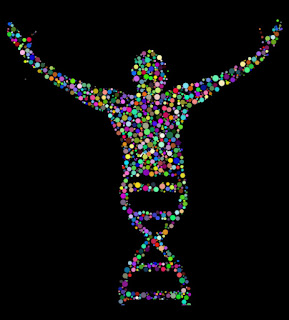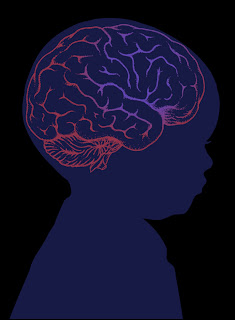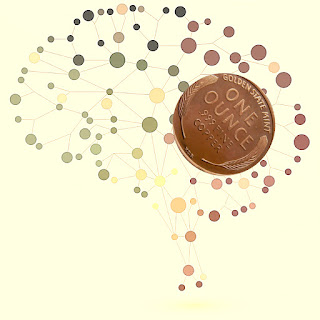"ISLANDS OF GENIUS'' - A TALE OF SAVANT SYNDROME....!!! BY- DR. VANDANA PATEL (PT)
Savant syndrome is not so common yet a very spectacular condition in which people with various developmental disabilities including autism and cerebral palsy possess extraordinary and remarkable abilities.
As many as one in 10 persons with autistic disorder have such remarkable abilities in varying degrees, although savant syndrome occurs in other developmental disabilities or in other types of central nervous system injury or disease as well.
Savant syndrome can be congenital or it can be acquired. Most often savant skills emerge in childhood, superimposed on some underlying developmental disability present at birth. However, ‘acquired’ savant skills can also appear, when none were previously present, in neuro-typical individuals following brain injury or disease later in infancy, childhood or adult life.
Males outnumber females in autism and savant syndrome because cerebral lateralization pointed out that the left hemisphere normally completes its development later than the right hemisphere and is thus subjected to prenatal influences. In the male foetus particularly, circulating testosterone, which can reach very high levels, can slow growth and impair neuronal function in the more vulnerably exposed left hemisphere, with actual enlargement and shift of dominance favouring skills associated with the right hemisphere.
There is a spectrum of savant skills. The most typical savant skills are:
- Music (drums, piano)
- Artistic talent (painting, drawing and sculpting)
- Memorization of license plate numbers, maps, historical facts
- Immediate calculating and mathematical abilities
- Calendar calculating
- Multilingual acquisition ability
- Spatial skills
- Mechanical abilities
- Exquisite sensory discrimination
- Excellent knowledge in a specific field such as history, statistics, navigation etc.
Generally, a single special skill exists but, in some instances, several skills exist simultaneously.
Talented savants are those cognitively impaired persons in whom the musical, artistic or other special abilities are more prominent and highly honed, usually within an area of single expertise and are very conspicuous when viewed in contrast to overall disability.
Prodigious savant is a term reserved for those extraordinarily rare individuals for whom the special skill is so outstanding that it would be spectacular even if it were to occur in a non-impaired person.
There are many theories trying to explain this syndrome. The most scientific supported theory suggests that some injury to the left brain causes the right brain to compensate for the losses.
The most famous Savant Syndrome’s expert states that, “There is an evidence that some savants, because of prenatal, peri natal or postnatal central nervous system damage have substituted right brain capacity in a compensatory manner to left brain dysfunction and limitation”.
The skills that Savant Syndrome give rise to are limited for the most part, and they tend to be based in the right hemisphere. They include music, art, mathematics and forms of calculating. Left hemisphere skills are more sequential, logical and symbolic.
Let’s take an example of a person who is nick named as “Human Camera” as he could drew the city landscape after seeing the city for only once from a helicopter. He could recollect it from his memory and make it alive in his drawings.
Another famous person living with savant who is visually disabled yet she was excellent in music and she had amazing time keeping skills. She could tell the exact time in an hour, minute and second of a day at all times.
“It is possible to tap and use those memory capabilities with some of savant–like characteristics, in those of us who are more wedded to left brain capacity.”
Savant Syndrome provides us with a unique opportunity to explore the ability of our nervous system and brain, its plasticity and ability to compensate and repair. It helps us to understand and learn about our brain and human potential. In the future this knowledge will help us to better understand and treat different conditions such as autism, stroke, paralysis, Alzheimer and Cerebral Palsy.
🏝🏝🏝🏝🏝🏝
References:
Treffert, D. A. (2009). The savant syndrome: an extraordinary condition. A synopsis: past, present, future. Philosophical Transactions of the Royal Society B: Biological Sciences, 364(1522), 1351-1357.
Cerebral palsy magazine 2004.






👍👍👍
ReplyDelete😍😍😍
ReplyDeleteInformative
ReplyDeleteGood one
ReplyDeleteLovely article👌
ReplyDeleteInformative one!!!
ReplyDeleteSupep.... ma'am 👍👍
ReplyDelete